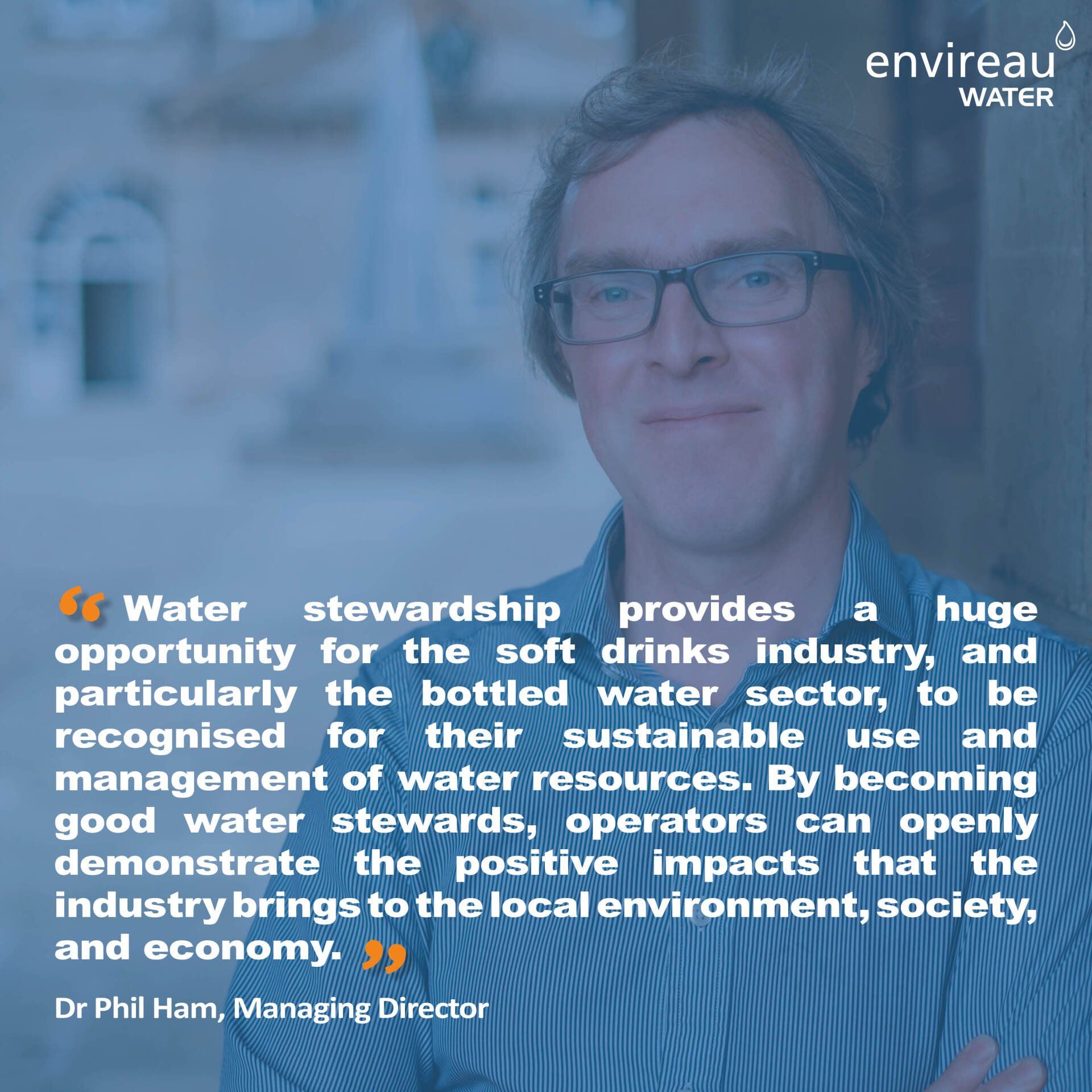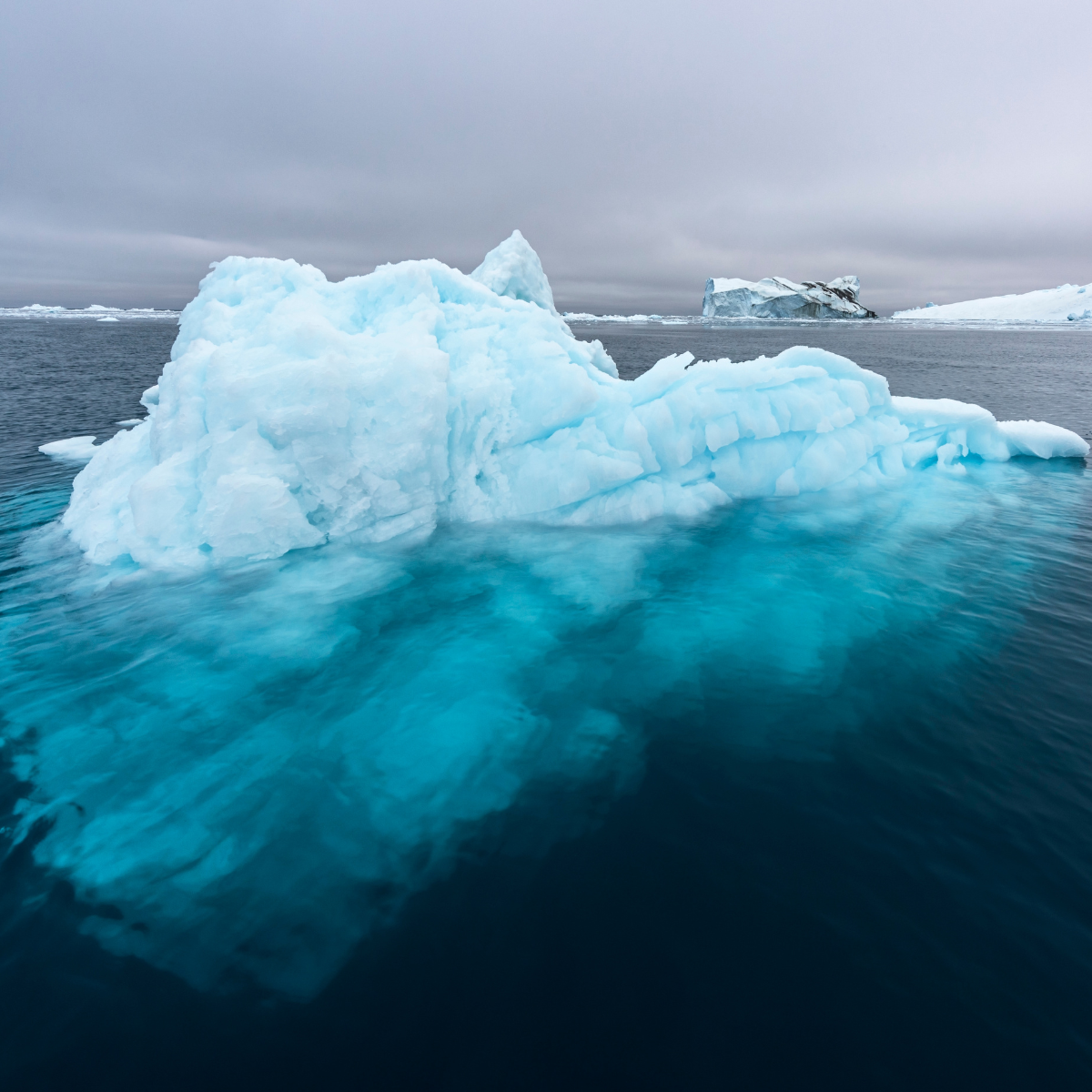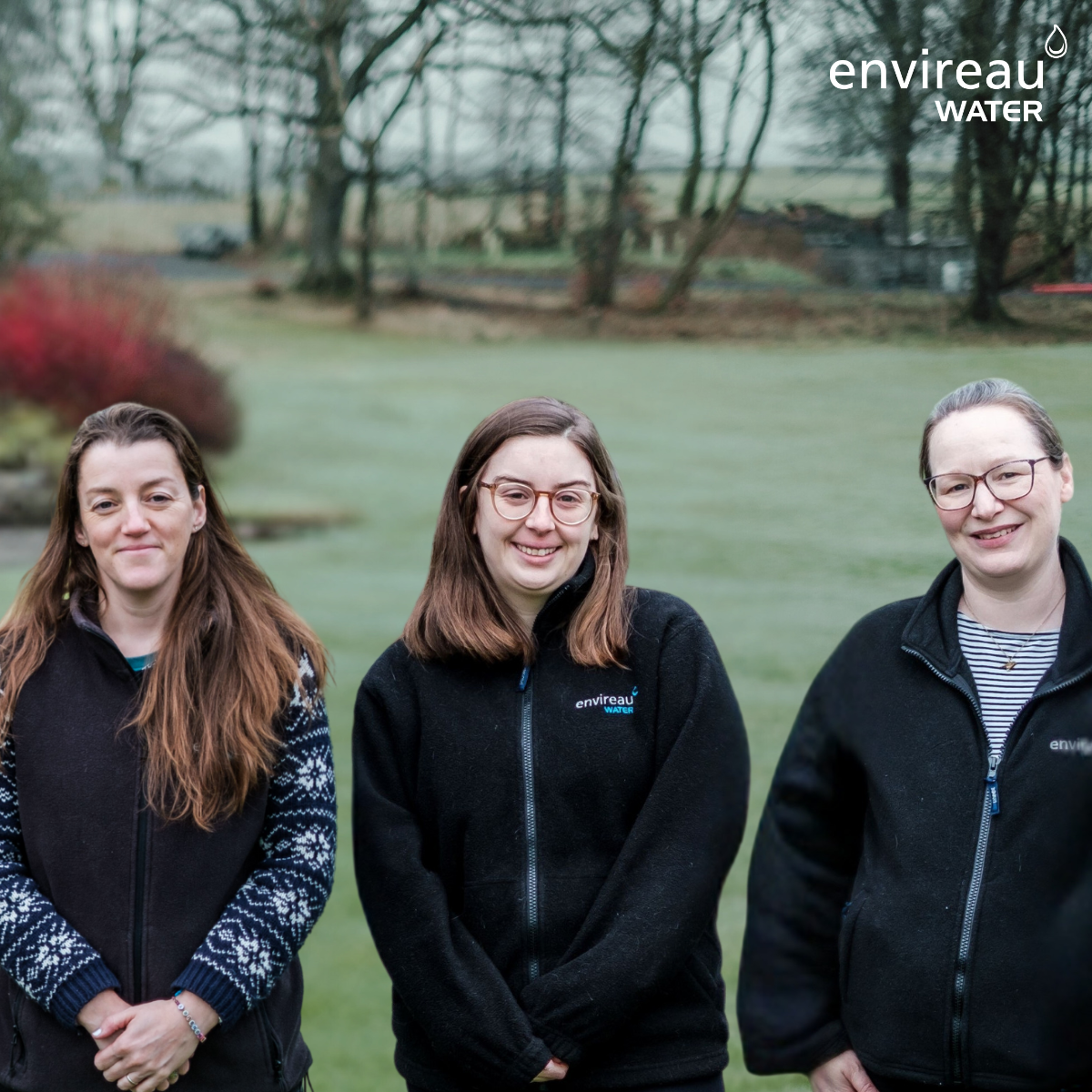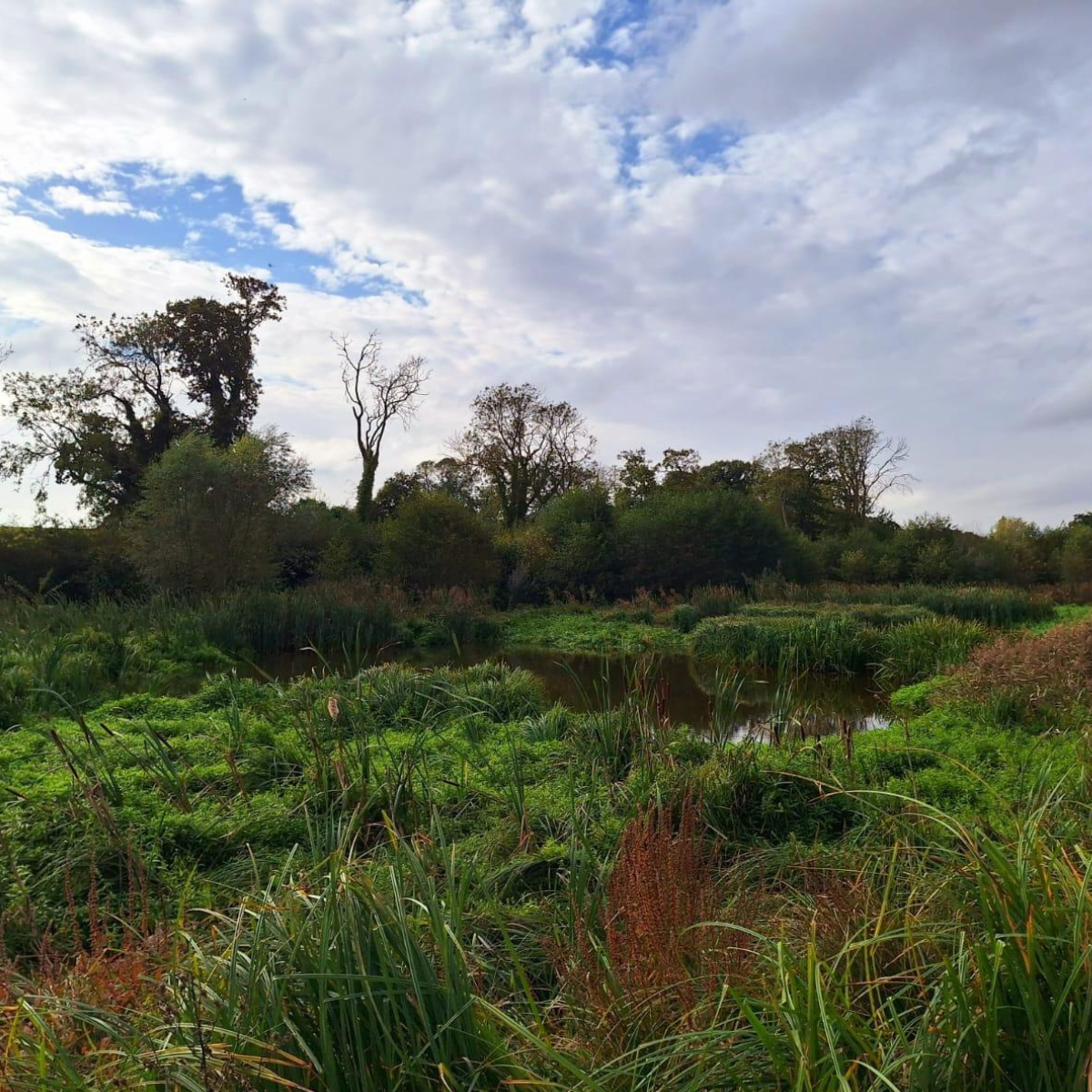Water Stewardship in the Bottled Water Sector
At a time when demands on water resources are increasing, many businesses are looking for best practice solutions to make themselves more resilient. Nowhere is that truer than in the bottled water industry.
Water efficiency has been historically strong within the industry and operators understand that sources need to be managed responsibly to maintain consistent quality and quantity of their supplies. Many operators are now looking to Water Stewardship as a way to enhance their sustainability commitments and build a positive environmental reputation, whilst further improving resilience and the pressures on their finite water resources.
Adopting an internationally recognised water stewardship standard, whether that is the AWS standard, EWS standard or any other, is about more than just complying with the local regulatory requirements and protecting personal water supplies. Understanding the way that water is managed at both a site and catchment scale and looking for real opportunities to address shared water challenges, are all steps towards good water stewardship.
Water stewardship promotes collaborative approaches to addressing shared water risks, promoting good water governance, and ensuring the responsible sharing of water resources in the interest of both water users and the environment. Water stewardship is applicable to operators in every country around the world. In the UK, it may provide a vehicle for abstractors in stressed catchments to explore opportunities where there is limited water availability and pressures on natural water systems. A collaborative approach could promote ‘trading of water rights’, to open up water availability to those that need it; whilst recycling, re-use and treatment of water are all ways to reduce the pressures of abstraction and improve the quality of effluents that are discharged back to the environment.
As a team of expert water scientists, we recognise the opportunities that water stewardship can offer our clients; reputational benefits, collaboration, and the opportunity to develop best practice to efficiently manage our finite water resources. We are actively supporting several clients to achieve and maintain AWS certification. If you are interested in the range of benefits water stewardship could provide your business, please get in touch with
PhilHam@envireauwater.co.uk to discuss your options.


About Envireau Water
At Envireau Water, we are a team of expert water scientists and engineers, who provide guidance on the management and regulation of natural water systems across the UK. By working collaboratively with our clients and the regulators, we deliver robust sustainable solutions that meet the requirements of all stakeholders. With an incredibly loyal client base and our ability to work seamlessly throughout the four nations of the UK, many of our clients know us individually and trust us to find resolutions to their water problems for years to come.
Connect with us on LinkedIn to hear the latest industry developments and updates regarding our team.
Envireau Water is an
RSK Group Company.






Let's Connect
Get in touch if you have any questions
Newsbite Sign Up
Receive monthly emails highlighting technical and regulatory updates
Join the Newsletter
Thank you for signing up! Keep an eye on your inbox on the last Friday of every month for our monthly newsletter.
There was an error sending your submission. Please try again or email us on info@envireauwater so we can add you to the list!
Let's Connect
Get in touch if you have any questions
Join the Newsletter
We will get back to you as soon as possible
Please try again later
Let's Connect
Get in touch if you have any questions
Join the Newsletter
We will get back to you as soon as possible
Please try again later




